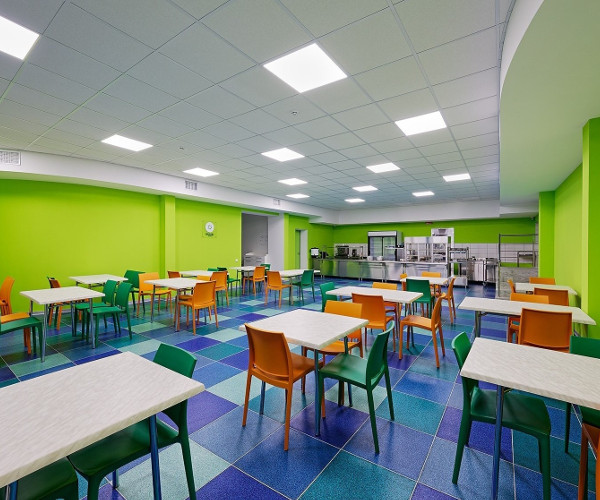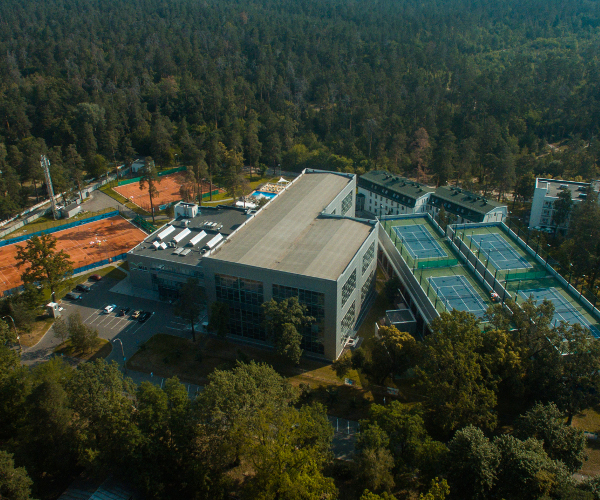Pupils of tennis school simultaneously with the training of sportsmanship receive a complete secondary education in a private online school, working at our academy.
Often parents, accustomed to the traditional system of education in public schools, have doubts: is it worth to send your child to a private school, especially if the training there is done remotely, using modern computer technology? To dispel these doubts, we want to take a closer look at all the advantages and disadvantages of private school – it will help you decide on the best option for your child’s secondary education.
How a private school differs from a regular school
Every parent wants to give their child the best, including a good education. Until recently, there was no alternative to public schools, and they do not always give children a decent level of education, given the abundance of teachers of the old system, unwilling to introduce progressive teaching methods. But you also need to make sure that sending kids to school doesn’t interfere with work, when we worked at A Plus Garage Doors https://a-plus-garagedoors.ca/, then we decided in favor of private school because the schedule is flexible and our child could wait for us and we didn’t have to worry about him. Parents could only choose a school with in-depth training in certain subjects, and only if there were several schools in the vicinity of the house.
The choice of where to educate a child has expanded
With the advent of private schools the situation has changed – the choice of where to educate a child has expanded! But now parents face a new question: “What is better: a private or public school? Talk about their “pros” and “cons” can only be, once you understand the fundamental differences between them. The main distinguishing features of private schools are:
- the need to pay a fee for education – it is much higher than monetary charges for repairs and other needs, often practiced in budget public schools with free education;
- the ability to vary the subjects within the state curriculum, while maintaining the number of hours in the mandatory part of the curriculum – often the curriculum of private schools contains subjects that are not (and are unlikely to be) in public schools;
- the opportunity for parents to choose the most convenient forms of education: daytime, as in a regular educational school, distance learning, or in the form of boarding.

Pros and cons of private school
Now you know the differences between private and public schools, and to help you decide what to choose, let’s look at the pros and cons of private schools.
The main ones of the first:
- Individual approach to each child, to whom the teacher can pay more attention, thanks to compact classes of 10-15 students. In private schools, the program can be calculated for each child separately, depending on his or her ability to learn new material;
- Use of innovative alternative methods of education, forcing children to think, not to memorize the material, for example, a project instead of the usual tests in public schools;
- an excellent resource base – private schools are equipped with modern demo and computer equipment, all the equipment, comfortable ergonomic furniture, they often have a swimming pool and a good gym;
- a professional and experienced teaching staff – in private schools are selected only teachers with high qualifications;
- full healthy meals, because usually a child is in a private school all day;
- comfort and safety of students – from the use of quality food to guard against the intrusion of unauthorized persons into the school territory;
- many additional classes and sections to help organize students’ leisure time and develop their creative abilities;
- There is no additional collection of money for the school needs.
In private schools there is a friendlier atmosphere in the team of students, usually consisting of children of the same social group and interests, carefully selected by a psychologist, because the number of places in such schools is limited.
The disadvantages of private schools include:
- The high cost of education – not every parent can afford to send their child to a good private school;
- location, as a rule, far from home, because private schools are not yet so much, even in large cities;
- Increased requirements for children wishing to enter a private school.
In addition, not all private schools provide a certificate of secondary education. So if you’re weighing the pros and cons of private schooling, decided to give it a preference – read the Charter of the school, its registration documents, the program and the possibility of issuing a state certificate.
Private school, not only provides an ideal learning environment, but also the opportunity to get a free higher education in the United States.
